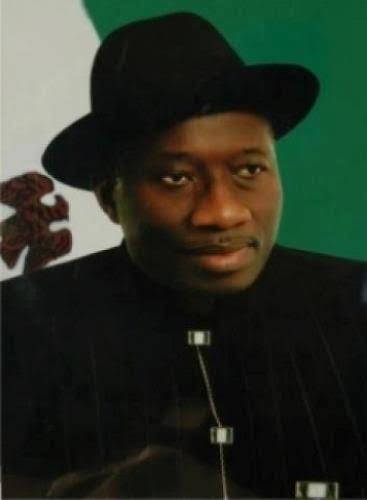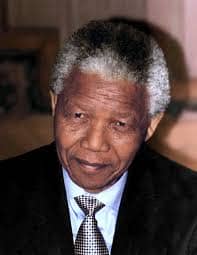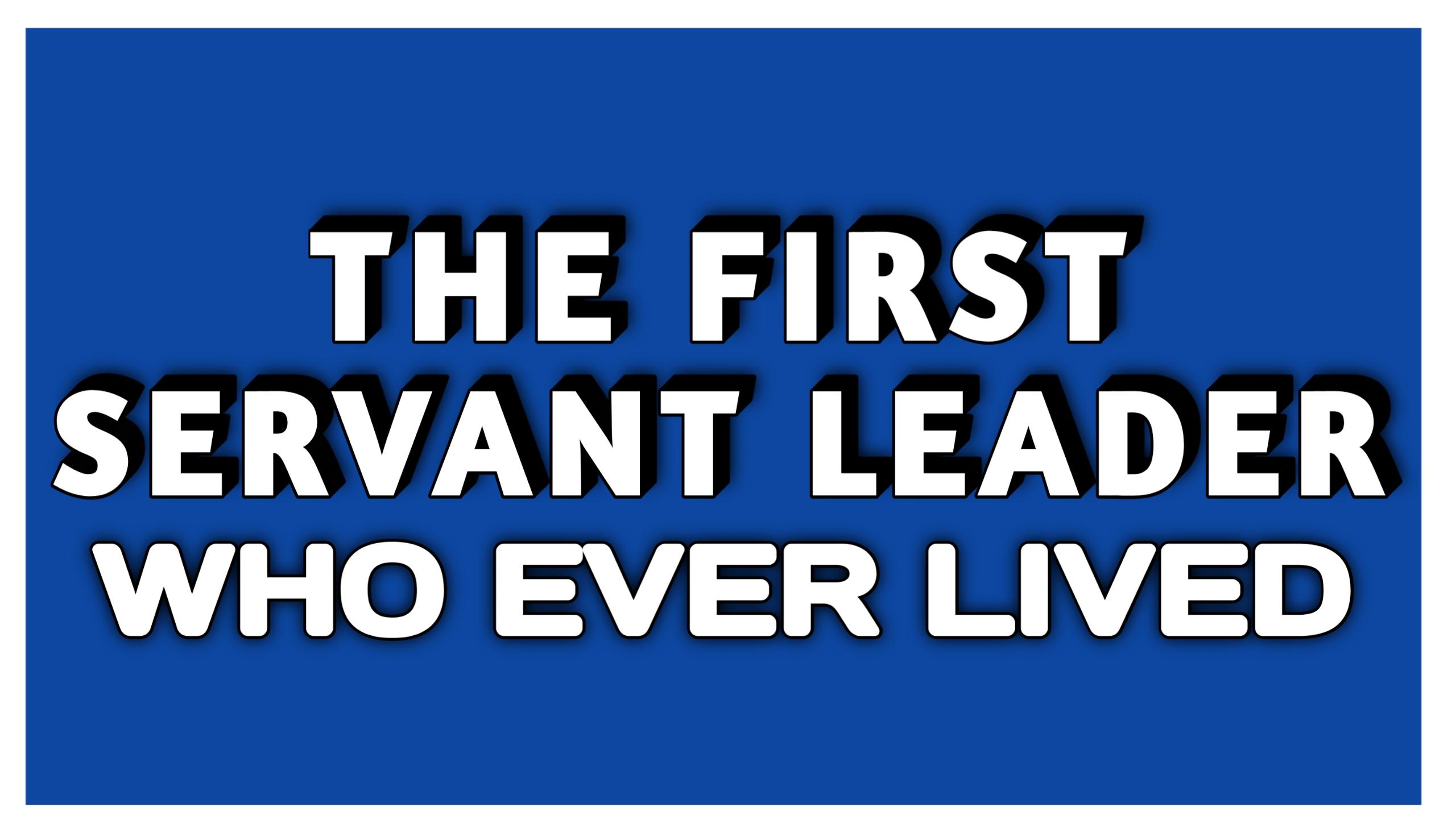1. Promotion and practice of true democracy by creating an enabling environment where people from diverse backgrounds and with divergent views and opinions can be accommodated. Under the watch of Goodluck Jonathan administration, the APC was registered by INEC as a mega opposition party big enough to challenge the PDP at both state and national levels. This would have been unthinkable some years back.
2. Conduct of free and fair elections in the country, including the 2011 poll which was adjudged to be the most credible election of its magnitude that has ever been conducted in the country, though it was not without its flaws. Unlike in other administrations, the Goodluck Jonathan administration has given a free hand to the country’s electoral umpire, INEC, to perform its statutory duties.
3. Relative non-interference with electoral and judicial matters. This is evident in the number of governorship elections that have was won both at the polls and in the court by opposition parties in Anambra, Imo, Osun states, among others.
4. Liberalization of the press and guaranteeing the freedom of speech in a country where the stifling of the press and suppression of the citizens’ right to freedom of speech used to be the norm, a legacy of over 30 years of military rule. The existence of vocal anti-government media houses and critics would have culminated in some high-profile assassinations some years back, but Jonathan’s administration, citizens are free to air their views whenever and wherever they like just like any other sane country.
5. Opening up of Nigeria to the global business community and becoming Africa’s number one destination of foreign investors. In the first six months of 2014, a total of US$9.70 billion or N1.51 trillion flowed into the national economy as foreign direct investments (FDI).
6. Under the Goodluck Jonathan administration, Nigeria rebased it’s GDP for the first time in over a decade to become the largest economy in Africa, overtaking South Africa and Egypt in the process.
7. Proceeds from Nigeria’s non-oil exports rose to 2.97 billion by the end of 2013, up from 2.3 billion in 2010.
8. Initiation of the YOUWIN program in 2011. The Youth Enterprise with Innovation in Nigeria (YOUWIN) program aimed to generate over 100,000 jobs for innovative unemployed youths across the country in the course of three years.
9. Nigerians where a step closer to being fully integrated into the international e-commerce community with the approval and re-inclusion of Nigeria as one of the Paypal-compliant countries after being banned from using the service at the peak of the advanced fee fraud (419 scams). With Paypal, Nigerians can now pay for goods and services online from anywhere in the world.
10. Goodluck Jonathan administration is the one behind the revival of the dead automotive industry in Nigeria. Global auto giants like Peugeot, Nissan and Hyundai either assembled or wholly manufactured small cars, Sport Utility Vehicles, trucks and buses at various locations in Nigeria. In addition to that, Innoson Vehicle Manufacturing Company (IVM), Nigeria’s flagship indigenous automaker, begun the sale of their first made-in-Nigeria cars and SUVs in August 2014.
11. Under the Goodluck Jonathan administration, Nigeria became the first country in West Africa to host the World Economic Forum (WEF) in 2014. It was also the most successful World Economic Forum for Africa (WEFA) in history, boasting of a global reach of 2.1 billion people according to estimates.
12. Then Africa’s richest man Aliko Dangote’s net worth increased from US$2.1 billion at the start of Goodluck Ebele Jonathan’s administration to US$23 billion in 2014, making him Forbes’ richest black person in the world and the overall 26th richest in the world. He attributed this mammoth increase in his monetary worth to Goodluck Jonathan administration favourable economic policies.
13. Construction and beautification of many federal roads in the country, including the Lagos-Benin expressway, Abuja-Lokoja expressway, Enugu-Abakiliki expressway, Onitsha-Owerri highway and most parts of the Enugu-Port Harcourt expressway. Also, construction of the second Niger Bridge between Onitsha and Asaba to relieve the pressure on the old Niger Bridge which was completed in December 1965.
14. Revival of the comatose railway system of transportation in the country happened under the Goodluck Jonathan administration.
15. Remodelling, beautification and standardization of airports across the country. In addition to that, aircraft from Nigeria was allowed to fly directly to the United States of America instead of going through many stopovers in Amsterdam and some other European cities along/in the route. The Akanu Ibiam Airport in Enugu was upgraded into an international airport, directly connecting the South-East region of the country to the outside world for the first time since independence.
16. Establishment of nine federal universities across the country in states which previously had no federal degree awarding institution.
17. Computerizing education in the country with the introduction of the computer-based test (CBT) which was mandatory for all UTME candidates from 2015.
18. Introduction of the Almajiri system of education in the academically disadvantaged Northern parts of the country.
19. Arresting the outbreak of the deadly and highly contagious Ebola Virus Disease (EVD) in record time, though it unfortunately claimed some lives at the onset.
20. Transformation of the agricultural sector, so that, in the words of Then Agriculture minister Akinwumi Adesina, “Nigerians will stop thinking of agriculture just as a means of livelihood, but more as a business.”
21. Nigeria reduced its food imports by over 40% as of 2013, moving the country closer to self sufficiency in agriculture.
22. Nigeria was the world’s largest producer of cassava with an output of over 45 million metric tonnes in 2014 according to the Food and Agricultural Organization of the United Nations (FAO).
23. Due to favourable economic policies, Internet penetration in Nigeria increased from about 45 million in 2011 to 63 million in 2014, overtaking countries such as the United Kingdom and France in the process. What this means is that more people used the internet in Nigeria than in the UK and France.
24. As of the second quarter of 2014, the number of registered active telephone lines in Nigeria stood at 130 million out of a total of over 170 million telephone lines.
25. Introduction of the Nigerian electronic identity card (e-ID card), one of the most secure in the world the largest in Africa. The e-ID card serves as both an international identification module and an electronic payment solution.
26. Introduction of the cashless system which aims to encourage the use of e-payment systems in the country and reduce the volume of physical cash in circulation.
27. Unbundling of the dysfunctional Power Holding Company of Nigeria (PHCN) into about 18 profit-driven successor companies.
28. Under the watch of President Goodluck Jonathan administration, Nigeria won the African Cup of Nations for the first time in 19 years in South Africa in February, 2013.
29. Nigeria ended up with 11 gold , 11 silver and 14 bronze medals at the 2014 Commonwealth Games in Glasgow, finishing 8th in the overiall ranking.
30. Women in politics and Governance was given more prominent roles in president Goodluck Jonathan’s administration. A large number of the federal appointees of the Goodluck Jonathan administration where women. They include but are not limited to: Ngozi Okonjo Eweala, Miriam Alom Muktar, Nigeria’s First Female Chief Justice, Ex Petroleum Minister Diezani Alison-Madueke, Ex Aviation Minister, Stella Oduah, Joy Ogwu then Nigeria’s representative at the United Nations; Sarah Jibril and Viola Onwuliri and so on







